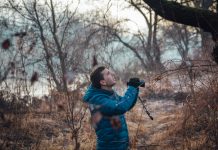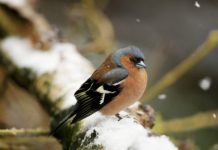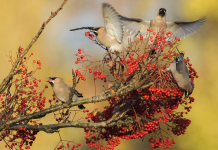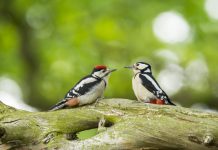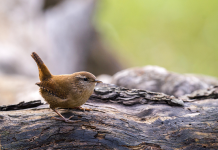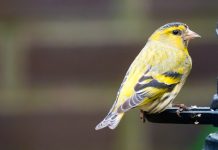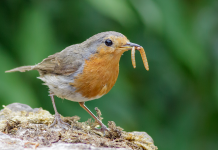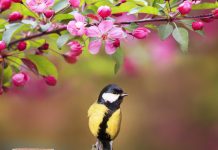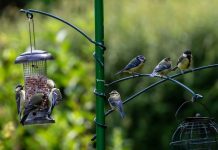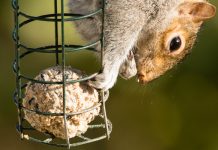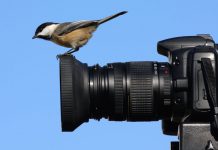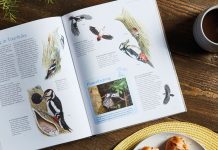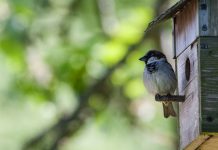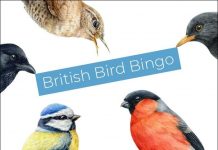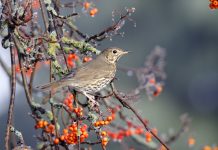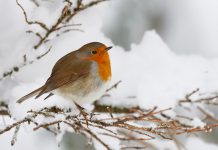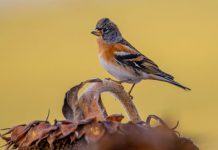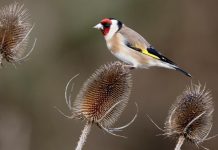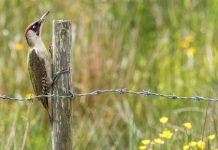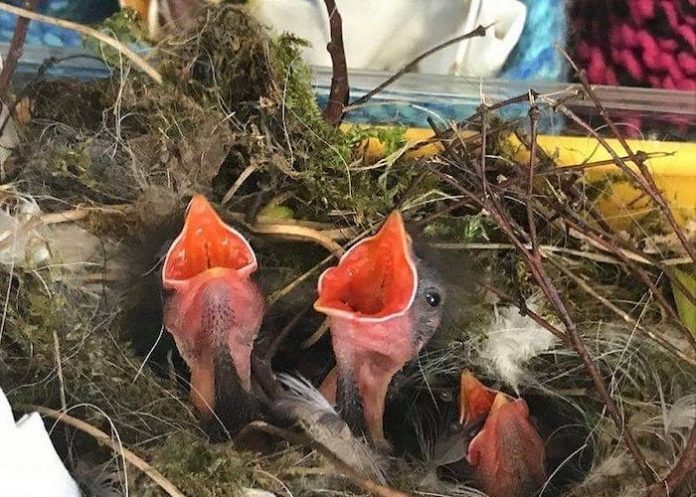You might know your first aid, but do you know what to do when you find a sick or injured bird? It’s often your local wildlife hospital or sanctuary that comes to the rescue with sound advice. Many offer free collection and veterinary care too.
To celebrate these unsung community heroes, here’s a selection of the organisations which nurture birds back to health and often provide a wealth of helpful online information along the way.
The Barn Owl Trust
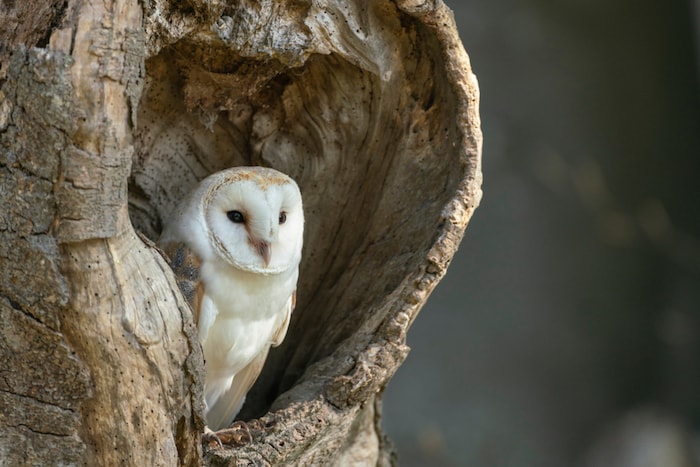
Image: Shutterstock
If you come across a sick or injured adult owl, you should always pick it up, say the guys at The Barn Owl Trust. The trust website provides full instructions for checking owls for injury – just make sure you’re wearing puncture proof gloves, and have a pet carrier or stout cardboard box handy in case the owl needs hospitalisation.
Based at Ashburton on the fringes of Dartmoor in Devon, the Barn Owl Trust’s mission is “practical conservation, research and educational work,” to conserve our native wild owl populations. The trust also advises farmers, government and landowners, and looks after sick and injured owls in its owl sanctuary, “a place of peaceful retreat”. Fancy being a supporter or volunteer? Head over to the website to find out how you can help.
Brent Lodge Wildlife Hospital
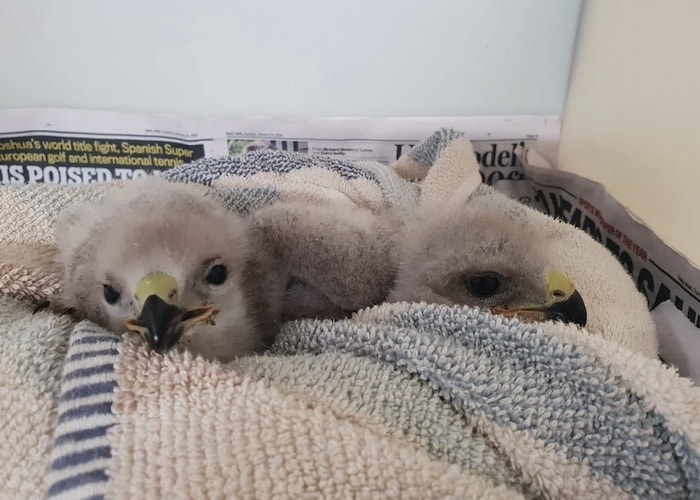
Image: Brent Lodge Wildlife Hospital
Baby bird out of the nest? Head over to the Brent Lodge Wildlife Hospital website for the information you need to decide what you should do – or not do. Fledglings, for example, may be perfectly alright to leave to their own devices as mum and dad are likely to be nearby and keeping a close watch on their offspring.
Brent Lodge Wildlife Hospital takes ill, injured, or orphaned patients direct from the public, from the RSPCA, or from local vets, and cares for them with compassion with the aim of responsibly releasing them back into the wild once they’re fit and healthy. Covering West Sussex and East Hampshire, this organisation does an incredible job of caring for wildlife in need.
Cuan Wildlife Rescue
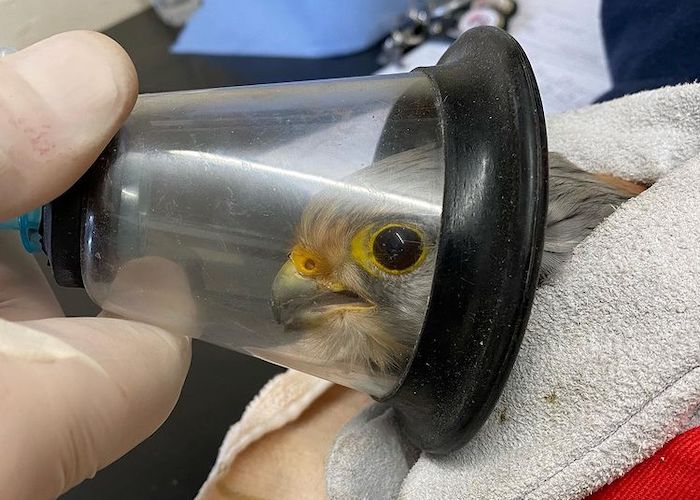
Image: @cuan_wildlife_rescue
If you find a bird that’s poorly or hurt, and you’re not sure what to do (especially if there’s an avian flu outbreak in the area) Cuan Wildlife Rescue is here to help. Not only do they offer written instructions which cover most scenarios, they also supply a handy flow chart for quick reference when you need to decide whether to intervene or not. And if you’re still not sure, read this inspirational Instagram post about rescuing baby birds written by the founder, Megan Morris-Jones. She reminds us that even the best intentions may sometimes be misguided.
The only wildlife rescue centre in Shropshire to offer a round-the-clock service, Cuan Wildlife Rescue is a charity with a vital role to play in supporting local wildlife populations. Each year they admit some 6,000 wildlife casualties and, with support from local vets, aim to give the creatures a second chance at life.
Every Feather Bird and Wild Life Rescue
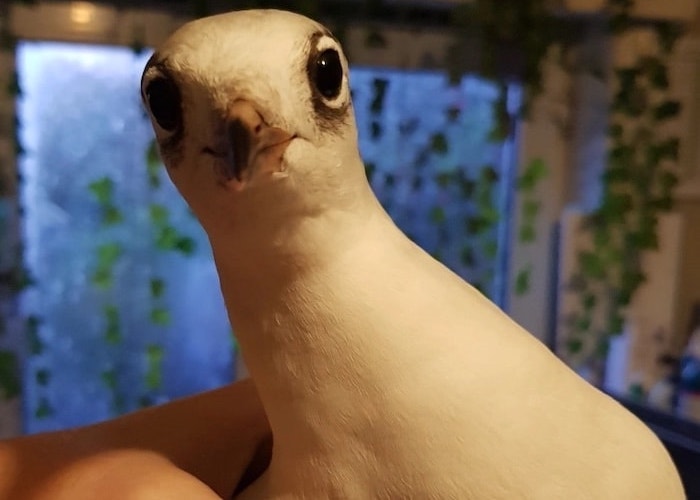
Image: Every Feather Bird and Wild Life Rescue
If you find a baby bird out of the nest, before you pick it up, apply the ‘feather test’, say the guys at Every Feather Bird and Wild Life Rescue. A hatchling “will be pink and have very few (if any) feathers. These will have either fallen out of the nest, been thrown out of the nest or stolen by a predator and dropped.” Pick these birds up, keep them warm and take them to your nearest rescue centre.
A small but well-established rescue centre in the Bolton area, Every Feather began taking in pigeons over a decade ago and has since expanded to accommodate a wide range of sick and injured birds and animals.
Suffolk Owl Sanctuary
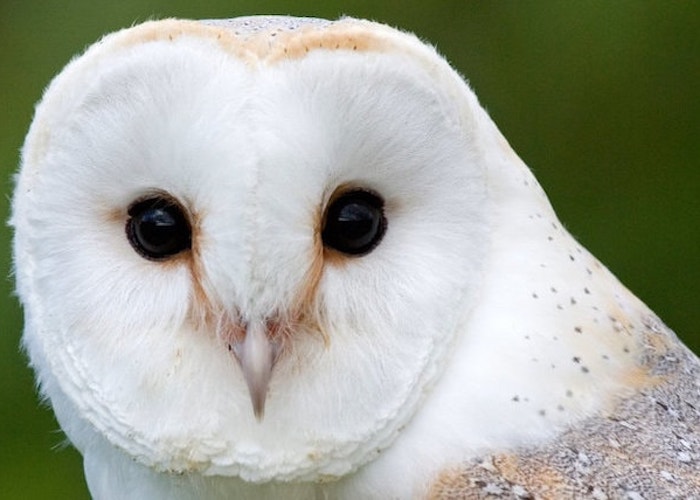
Image: Suffolk Owl Sanctuary
A pair of breeding owls needs “120 acres of permanent rough tussocky grassland over which they can hunt and catch their preferred prey, the vole,” says the team at SOS – Suffolk Owl Sanctuary. In addition, they also need somewhere remote and undisturbed in which to live so it’s easy to see the pressures barn owls face.
Which is why SOS is such a valuable organisation. Not only do they provide a rescue and care service for sick and injured birds, but volunteers also work hard to identify suitable sites for nest boxes which provide long term accommodation for our beautiful native owls. If you’d like to find out more about owls, or perhaps help out by adopting an owl, head over to the website where you’ll find loads of information and ways to get involved.
Tiggywinkles Wildlife Hospital
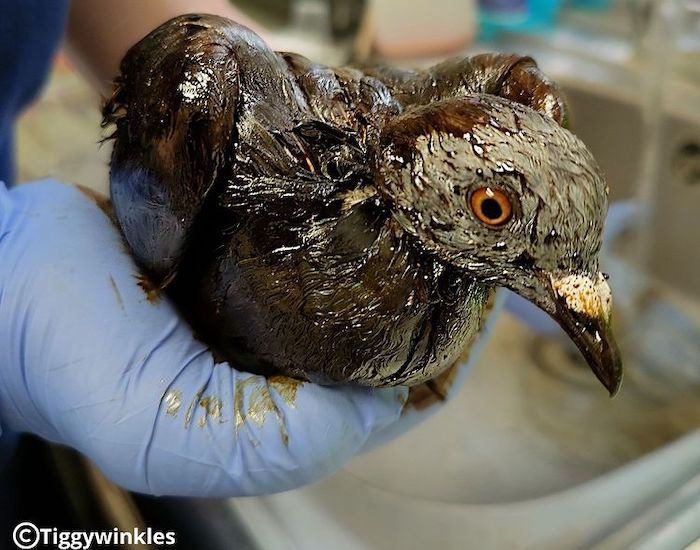
Image: Tiggywinkles Wildlife Hospital
When a distressed swan is found, she and her clutch of eggs are removed to the safety of Tiggywinkles Wildlife Hospital where, thanks to the care they receive, all eight eggs hatch. This is the daily work of the ‘world’s busiest wildlife hospital’. Mum and cygnets are doing extremely well and the hope is to release them back into the wild.
For the past 40 years, Tiggywinkles has scooped ill and injured wildlife off the ground around its Buckinghamshire base, and into its capable and loving care. For anyone looking for information on helping everything from baby birds to bats, deer, reptiles, and more, head over to the website where you’ll find an extensive selection of wildlife advice factsheets to peruse.
Vale Wildlife Hospital & Rehabilitation Centre
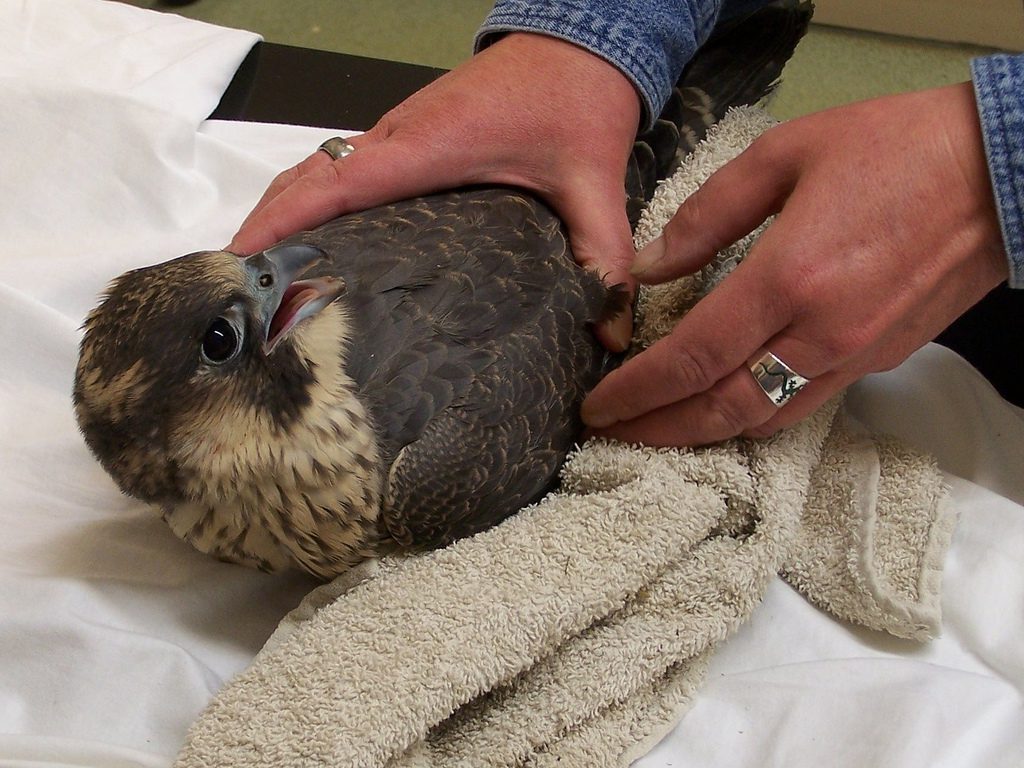
Image: Vale Wildlife Hospital & Rehabilitation Centre
Birds must undergo a staged rehabilitation, say the guys at Vale Wildlife Hospital & Rehabilitation Centre. During the initial stages of treatment – when they’re confined to a cage – they rapidly lose muscle mass. That’s why “they all need to spend at least a week in an outside aviary to build these muscles back up before they are released back into the wild.”
Of course this extended treatment raises costs which is just one of the reasons why donating to wildlife hospitals is so important to their continued operation. Based in Worcestershire, Vale Wildlife Hospital has been caring for birds and other creatures since 1984 when founder Caroline Gould sold her home to finance her vocation to care for sick and injured wildlife.
Yorkshire Swan Rescue Hospital
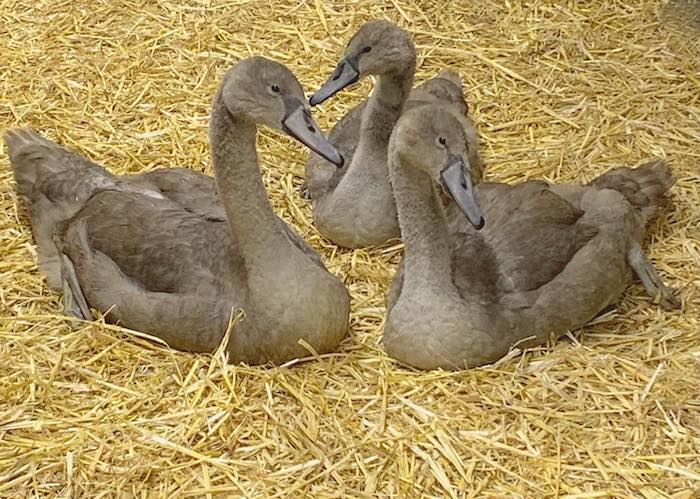
Image: Yorkshire Swan Rescue Hospital
Feeding swans, especially during the winter when wild food sources are scant, can be a lifeline for these beautiful birds, say the team at Yorkshire Swan Rescue Hospital. Good sources of swan food include “mixed poultry corn/wheat, floating swan pellets, sweetcorn, cut grass, bread and uncooked leafy greens such as lettuce, watercress or spinach.”
It’s much better for the birds’ digestion if you feed them in the water, and you should be careful not to overfeed since leftovers can turn mouldy and may make swans sick. Yorkshire Swan Rescue Hospital is based at the Skylark Nature Reserve in the village of Barlow, near Selby in North Yorkshire. Head over to their website for lots more info on the hospital and its vital work for swans.
We hope you’ve enjoyed our collection of some of the best bird and wildlife rescue centres from across the UK. For information on keeping wild birds well fed, make sure you check out our guide to choosing the best bird feeder for your garden. And to keep wild birds healthy, be sure to read our comprehensive guide to bird feeding hygiene.
Lead image: @cuan_wildlife_rescue

